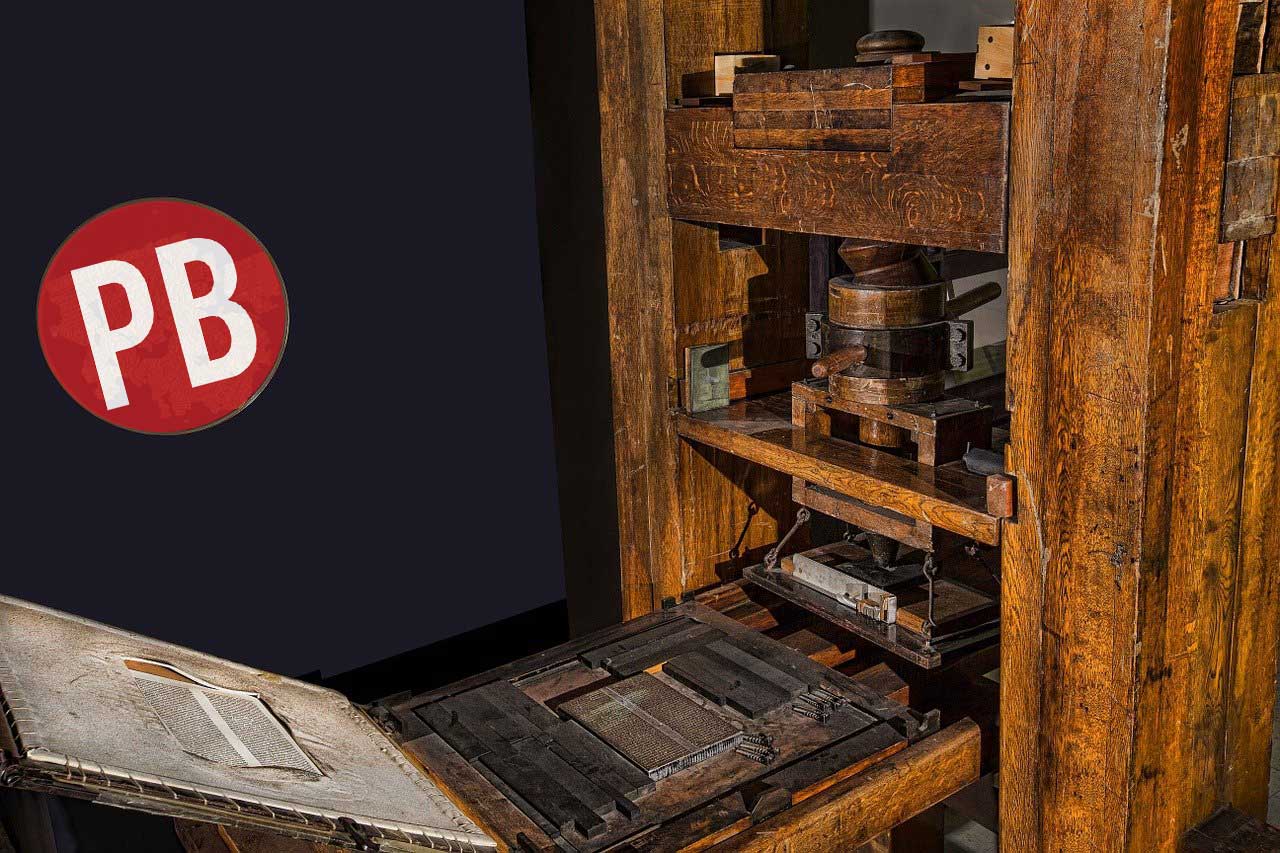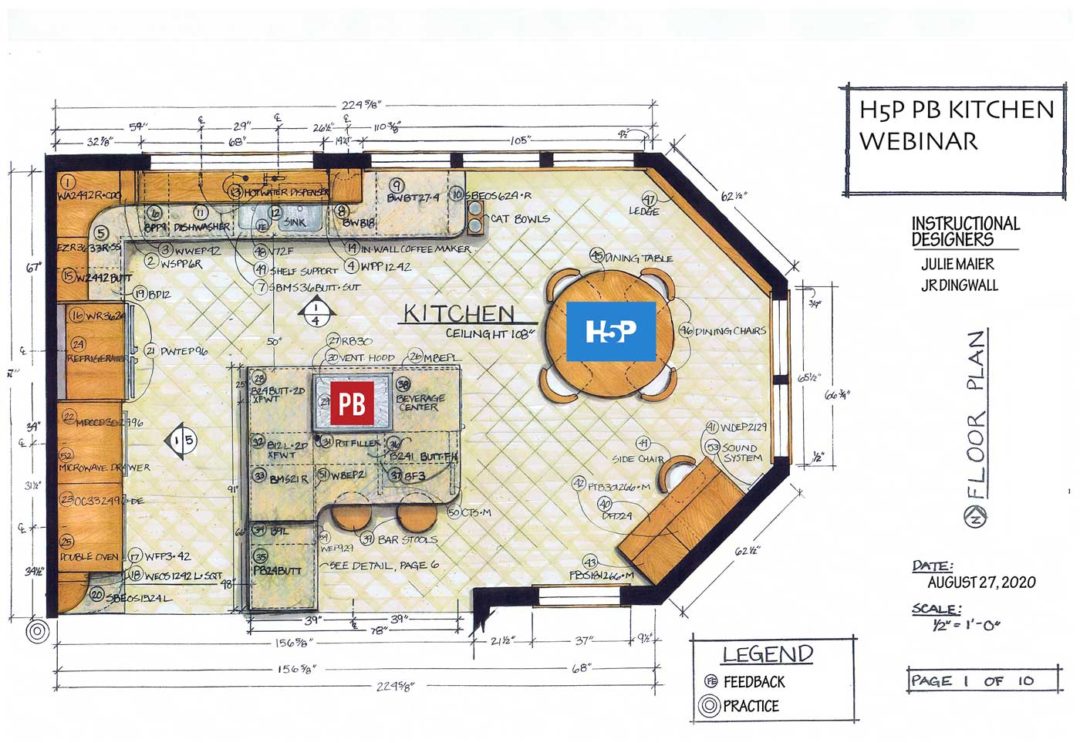The next Cooking with H5P and Pressbooks webinar took place Thursday, April 29 at 9:00 am PT (check for your local time). For this episode, we invited into the kitchen Steel Wagstaff, Educational Product Manager for Pressbooks. From his position, he will be able to share much about the features and capabilities of Pressbooks, how H5P integrates with it, examples worth looking at, and maybe some insight into future directions for the platform.
The recording of this session is now available, enjoy!
Links Mentioned in Chat
- Open eText Authoring at UW-Madison (Core Principles for an eText Authoring & Publishing Tool) by Steel Wagstaff
- Hypothes.is
- Adding Interactivity to Web Annotation (Putting H5P activities in the Hypothesis annotation layer)
- Embedding H5P (iframes) activities in the annotation panel GitHub feature request- leave a comment to support requested change in Hypothesis.is
- BCampus Pressbooks service available to all BC post-secondary educators
- Arley Cruthers’ Choose Your Own Adventure Keynote (created with H5P Branching Scenario. See also her earlier example as an exploration into remembering pre-pandemic travel.
- Not All Feedback is Created the Same in H5P (H5P PB Kitchen)
- OER Activity Sourcebook a great guide for Pressbook users, see especially the H5P examples in Sample Activities for Language Instruction or see entire listing.
- Agamotto content type demonstrated by Steel in tendon/bone activity
- H5P Virtual Tour Content Type Provides a 3D panorama with hotspots, see example from OER Sourcebook.
- H5P Content types and Accessibility (H5P.org)
- What’s In a Jug? Art, Technology, Culture (another Pressbooks example with H5P inside)
- New accessibility legislation for B.C.
- Pressbooks Directory (see also our tips for finding titles with H5P in the Directory)
Questions / Answers / Comments from Chat
- Do the iframes in hypothesis/Pressbooks meet accessibility standards?
- See BC Accessibility legislation was passed yesterday – something to keep in mind when selecting object types
- Who can use BCcampus Pressbooks service?
- It is a self-serve instance we maintain for the BC system to use BC post-sec staff, faculty & instructors have access to the BCcampus network with their institutional email address. Anyone with a BC post-sec email address can create a book on our Pressbooks network
- It’s been a while since I’ve looked, but has the barrier to self-hosting Pressbooks come down for doing it on shared hosting? Or are there still a few moving pieces that are difficult to host on shared hosting?
- Can’t say for sure 100%. In theory, if you can do multisite….
- Do the drag the words, true-false, and multiple choice tools all have the tips and feedback option?
- True False and MC do. Drag the words is more of a performance based feedback (number correct).
- Please consider filling in metadata so that people know it is OPEN and how it can be used/reused.
- Metadata promotes open licensing, discovery in OER directories, and SEO in global search engines. Yet another great feature of digital platforms.
- This is one of the big reasons why we decided to promote H5P for our open homework systems project. The built in licensing that defines reuse rights is a massive feature that promotes reuse.
- Accessibility tip: In the feedback, if users are correct, tell them in some way. Screen readers do not read the automatic pop-up correct icon.
- Steel can you show how to find existing H5P in the PB directory? I think that would be useful for people to know they don’t have to build from scratch, but can find existing activities to modify and reuse
- Steel demo-ed the Pressbooks.directory
- see also H5P PB Kitchen tips for finding titles with H5P in the Directory
- Learning outcomes are good tags as well.
- I’ve recently started reading Nadia Eghbal’s Working in Public: The Making and Maintenance of Open Source Software which has some useful history and culture for some of these communities.
About Steel…
Steel brings in a wealth of experience from his efforts at the University of Wisconsin-Madison, where he cultivated the development of their Pressbooks network and led an active community of Pressbooks content creators at UW-Madison (learn more about projects Steel has supported there). Read more of Steel’s writing— while it is a few years old, his Getting Started with Pressbooks stands up as a still valuable overview of the platform. Here is some more info Steel provided in lieu of a formal bio.
I live in Eugene, Oregon with my wife and our 7 year old son. We moved here in August of last year. Weird time to move, but we love the PNW and have been pretty happy putting down roots here. I do love poetry (with special affection for the ‘Objectivists’ — a group of left-wing 2nd generation modernists writing between the 1930s and 1970s), pickup soccer, & vegetarian food.
I’ve worked at Pressbooks for 2 1/2 years now, and love contributing to open source software projects. I first attended the OpenEd conference in 2015 (went to Vancouver): https://openeducation2015.sched.com/, because I had read a bunch of David Wiley’s writing about ‘transclusion’ and ‘Candela’: https://opencontent.org/blog/archives/3243 and was hacking together something similar at UW-Madison, but with H5P and Hypothesis in the mix. I wanted to attend this conference specifically to meet Hugh McGuire, David & Bracken Mosbacher (then doing LTI stuff at Lumen Learning), and all the BCcampus folks (Brad, Clint, Amanda, Mary, Lauri, etc). I did and the conversations I had there were enormously helpful to what I was trying to cobble together at that time (see https://medium.com/@steelwagstaff/core-principles-for-an-open-authoring-tool-db2df933dd8 for my thinking about things as of early 2016). In hindsight, it’s no exaggeration to say that this was the most important conference/professional development experience of my life. I’ve seen BCcampus as the leader/exemplar in what open education should be on the state/provincial level since at least that time.
The first GitHub issues I ever opened were in the BCcampus pressbooks-textbook repo in August 2016 and in the main Pressbooks repo in November 2016. Brad Payne and Ned Zimmerman were kind to me so I stayed involved in those projects. I opened my first H5P feature request in their WordPress plugin repo later that year. Svein-Tore and Frode were inviting to me, so I stayed involved in that community. The first PR (pull request) I ever opened was in the Hypothesis project in July 2017. Rob Knight was kind to me so I stayed involved in that community and started attending their iAnnotate conference and hackathons.
I worked at the University of Wisconsin-Madison for about a decade prior to joining Pressbooks — started there as a grad student, taught English lit and Freshman comp courses, worked as an administrator for the writing program for a couple of years and then had a full time academic staff position doing instructional technology consulting for a while. I was able to hire and mentor two graduate assistants to help advance open publishing projects while I was there, Amanda Larson and Naomi Salmon, both of whom have gone on to do some very impressive work in the field. I really loved the job, but wanted to do more in open education rather than it being a side project that wasn’t essential to my duties. Also wanted to move somewhere warmer in the winter 😉
In terms of previous professional training, I have a Ph.D. in English literature (almost totally useless, basically just a vanity project because I don’t know how to abandon sunk costs ;-)) and a Master’s degree in library and information studies (which has way more bearing on the work I do now). I’m mostly self-taught when it comes to development — learned HTML/CSS in library school and then started tinkering with WordPress (building sites and themes, with a tiny bit of work on plugins). Took computer science courses in object-oriented programming, data structures, and data visualization out of curiosity and interest while I was in grad school, but still came out of them pretty code dumb.
This man named Steel @steelwagstaff is a Pressbooks superhero- he flies into the #H5PKitchen a week from Thursday for a Cooking With H5P/Pressbooks webinar.
https://twitter.com/cogdog/status/1384192444514717713

For This Episode
If you have watched any of our previous episodes, you know that we run a conversational style show where the audience gets to ask many questions. Topics we suggested to Steel included (but are not limited to):
- People love examples! We hope you can show examples on how you use H5P and/or Hypothesis in Pressbooks that will open some eyes for some on possibilities.
- We have shared previously about using the Pressbooks Directory to find published textbooks (and ones with H5P in them), but it’s always good to let people know about it and the H5P search functionality.
- Pedagogically, we have stressed the element of creating student practice activities, but we are interested in hearing more ideas of developing good feedback for H5P questions.
- Please share any tips or tricks (technical or design wise) you may have about working with H5P within Pressbooks that might make the administration & development of H5P a bit easier for our project grantees.
- And if there are any roadmaps into the future of Pressbooks you can share that might involve H5P, that would be… peachy.
This event is free and open. To ensure we have an inclusive and welcoming environment for all, we’ve added registration to our webinars. Please note that it will close two hours before the event.
This notice is to inform you that this session will be recorded, archived, and made available publicly on BCcampus.ca. By participating in this session, you acknowledge that your participation in this session will be recorded and the recording will be made available openly.
Featured Image: Pixabay image by Patrice Audet edited by Alan Levine to include the Pressbooks logo.



